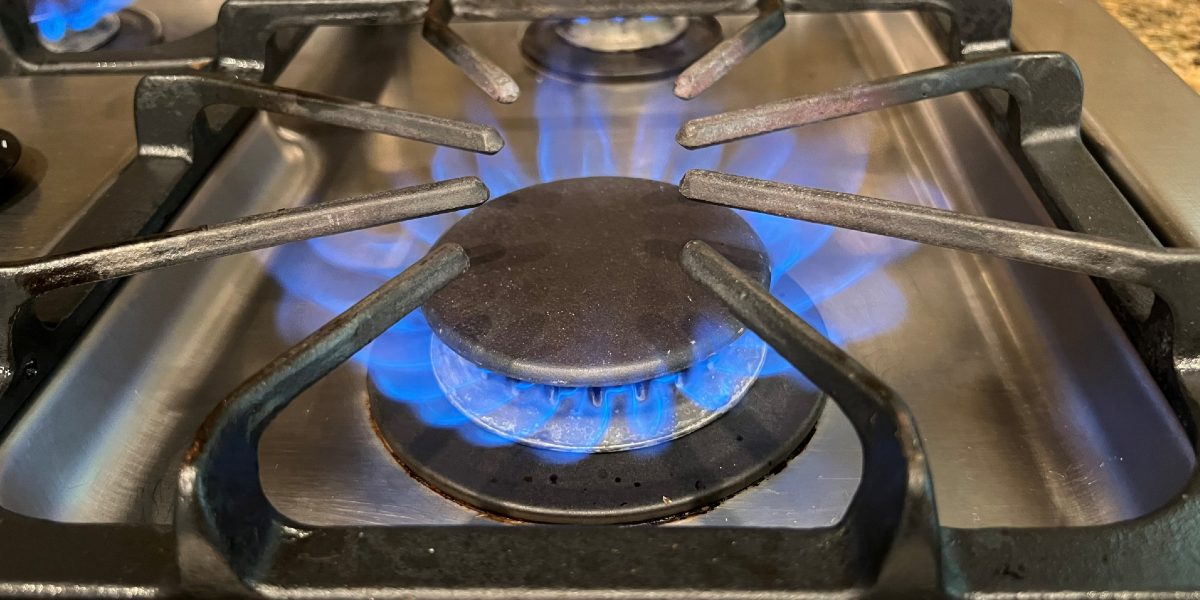[UPDATED with responses from the cities of Irvine and Berkeley.]
A federal court ruling could unwind a draconian ban on natural gas uses in new construction that was just adopted by the Irvine City Council.
A 3-judge panel of the federal Ninth Circuit Court of Appeals ruled that the City of Berkeley’s first-in-the-nation ban on natural gas connections in new construction violates federal law pre-empting local and state bans.
The Berkeley ban was adopted in 2019, banning all gas hookups in new construction, with few exceptions. The left-wing city’s action sparked similar bans in other cities governed by progressive politicians. Irvine joined those ranks last week, extending the ban to include even heaters for pools and spas. Irvine’s ban is slated to go into effect on July 1, despite pleas from the construction and housing sector for more time to prepare for costly compliance with the new mandate – which will add several thousand dollars to the cost of each new housing unit.
The California Restaurant Association (CRA) sued Berkeley in federal court, arguing the Energy Policy and Conservation Act (EPCA) pre-empts state and local regulation of gas appliances.
A district court judge dismissed the suit but the CRA appealed that decision. On April 17 a three-judge panel of the Ninth Circuit overruled the district court’s dismissal.
The panel consisted of Judge Patrick Bumatay, Judge Diarmuid O’Scannlain, and Judge M. Miller Baker (visiting from the U.S. Court of International Trade). Bumatay and Miller were appointed by President Donald Trump appointees, while O’Scannlain was appointed by President Ronald Reagan.
“By completely prohibiting the installation of natural gas piping within newly constructed buildings, the City of Berkeley has waded into a domain preempted by Congress. The Energy Policy and Conservation Act expressly preempts State and local regulations concerning the energy use of many natural gas appliances, including those used in household and restaurant kitchens,” Judge Bumatay wrote in the lead opinion.
“Instead of directly banning those appliances in new buildings, Berkeley took a more circuitous route to the same result,” wrote Bumatay. “It enacted a building code that prohibits natural gas piping into those buildings, rendering the gas appliances useless.”
“We thus conclude that EPCA preempts Berkeley’s building code’s effect against covered products and reverse,” ruled Bumatay.
Bumatay further opined that “states and localities can’t skirt the text of broad preemption provisions by doing indirectly what Congress says they can’t do directly.”
“EPCA would no doubt preempt an ordinance that directly prohibits the use of covered natural gas appliances in new buildings. So Berkeley can’t evade preemption by merely moving up one step in the energy chain and banning natural gas piping within those buildings. Otherwise, the ability to use covered products is “meaningless” if consumers can’t access the natural gas available to them within the City of Berkeley,” the opinion states.
The ruling “remands” the matter back to the district court, which must apply the panel’s ruling invalidating the ordinance. After losing at the district court level, Berkeley has several options. It can appeal for an en banc hearing from the entire 9th Circuit Court of Appeals, which consists of 29 judges. Such requests are rarely granted, according to legal experts.
OC Independent reached out to Berkeley as to whether the city will appeal and if the ordinance remains in effect.
“We will be in touch in the few weeks,” City Attorney Farimah Brown replied on April 24. “The ordinance remains in effect.”
If Berkeley loses at the 9th Circuit level – either by denial of its en banc request or the full 9th Circuit upholding the 3-judge panel’s ruling – the city can petition the U.S. Supreme Court to hear the case, but most such petitions are rarely granted. Even it Berkeley successfully appealed to the high court, SCOTUS’ current make-up isn’t encouraging from the progressive city’s standpoint.
This raises the question of how this litigation will impact other California that have jumped on the “climate action” bandwagon with similar bans. If the CRA prevails, that could doom the Irvine ordinance, whose adoption was met with cheering and hoopla from climate action activists claiming the use of natural gas not only fuels climate change but that gas stoves are literally killing people.
Gas is literally killing us. https://t.co/Uz2THUE29w
— Ayn (@AynCraciun) March 22, 2023
OC Independent has reached out to the City of Irvine to ascertain what, if any, impact the ruling will have on the city’s aggressive plans for implementing its expansive forced electrification ordinance.
Irvine’s public information officer, Kristina Perrigoue, replied on April 24 that staff is currently undergoing a review of all of the relevant issues to identify the impacts, if any, on the building electrification ordinance that the City Council is slated to consider approval of at its second reading tomorrow.“


